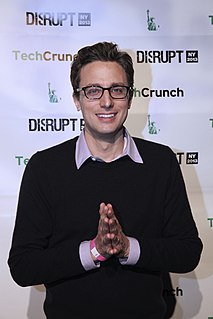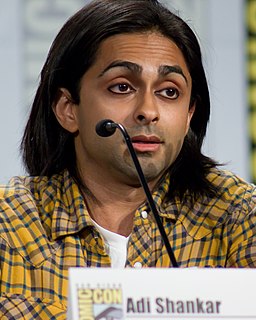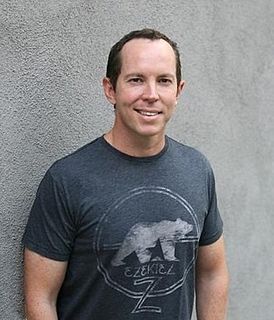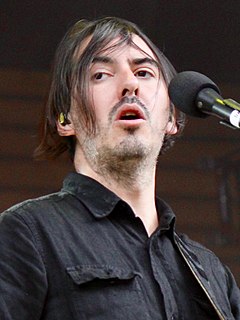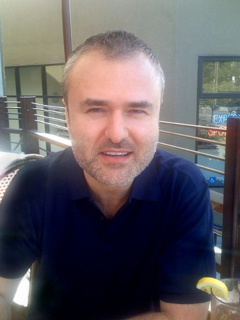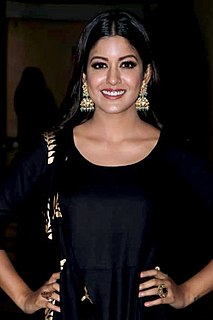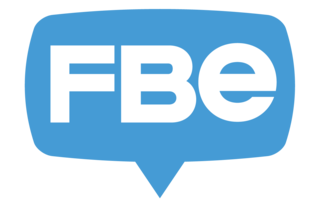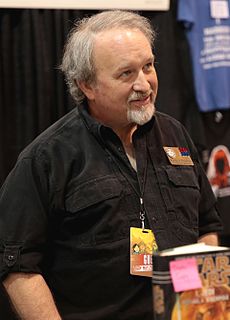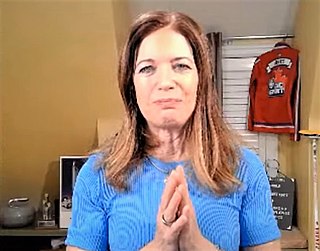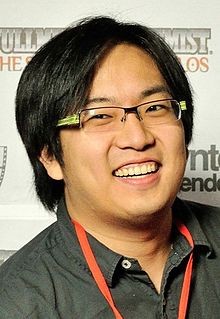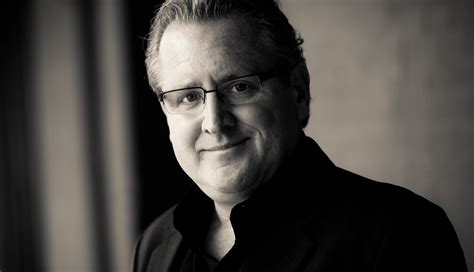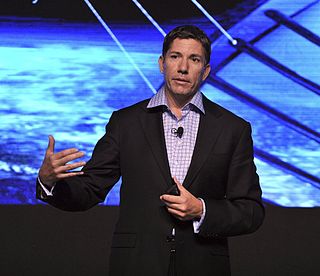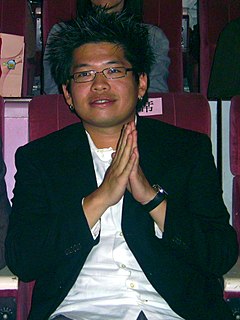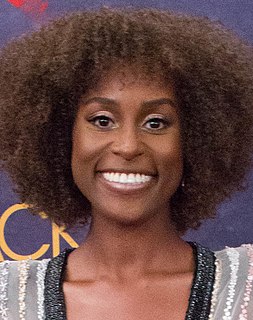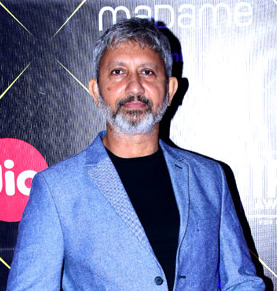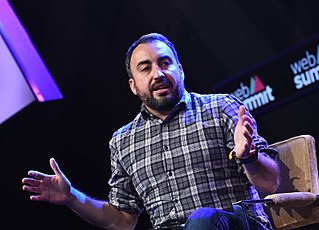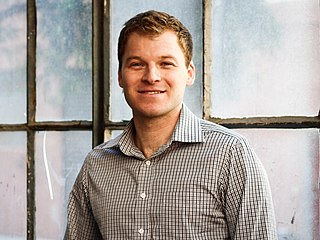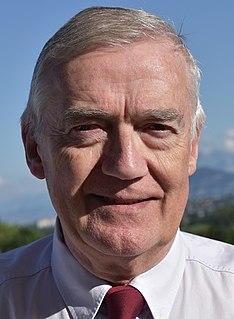Top 1200 Web Content Quotes & Sayings
Explore popular Web Content quotes.
Last updated on April 15, 2025.
Do you understand how there could be any writing in a spider's web?" "Oh, no," said Dr. Dorian. "I don't understand it. But for that matter I don't understand how a spider learned to spin a web in the first place. When the words appeared, everyone said they were a miracle. But nobody pointed out that the web itself is a miracle." "What's miraculous about a spider's web?" said Mrs. Arable. "I don't see why you say a web is a miracle-it's just a web." "Ever try to spin one?" asked Dr. Dorian.
During its retransmission dispute, CBS pulled its signal off of certain cable TV systems - and also blocked all Time Warner broadband customers from accessing CBS's Web-based content, even outside the territory of dispute. This is precisely the kind of content-blocking broadband providers are so often accused of but aren't actually doing.
I wish more of the web had stayed nonprofit. But the advertising model took over and I think has delivered us to where we are, along with the development of content, which is designed to do nothing else but make you click on it or share it. And I think it's kind of a low goal for content, and I think that's taken us to our current abyss.
'Dependent web' platforms such as Twitter, Facebook, Google and Yahoo are where people go to discover and share new content. Independent sites are the millions of blogs, community and service sites where passionate individuals 'hang out' with like-minded folks. This is where shared content is often created.
A lot of the content that goes directly to the internet, or is web-created content, is very hand-held video where you can watch this woman fall off the coffee table, or see a funny little gag, or is interview-style stuff, which is great. I love that. I consume it like crazy. But, this is designed to be reminiscent of what you would see during primetime, and reminiscent of what you would see in a movie theater, on any given weekend, and in that regard, it's brand new.
When I was 14, I spent a huge amount of time on the Internet, but not the Internet we know today. It was 1994, so while the World Wide Web existed, it wasn't generally accessible. Prodigy and CompuServe were popular, and AOL was on the rise, but I didn't have access to the web, and no one I knew had access to the web.
Advertising and content have always been bound together - in print, on television, and on the web. Sure, you can skip the ad - just flip the page, or press 'ffwd' on your DVR. But great advertising, as I've long argued, adds value to the content ecosystem, and has as much a right to be in the conversation as does the publisher and the consumer.


